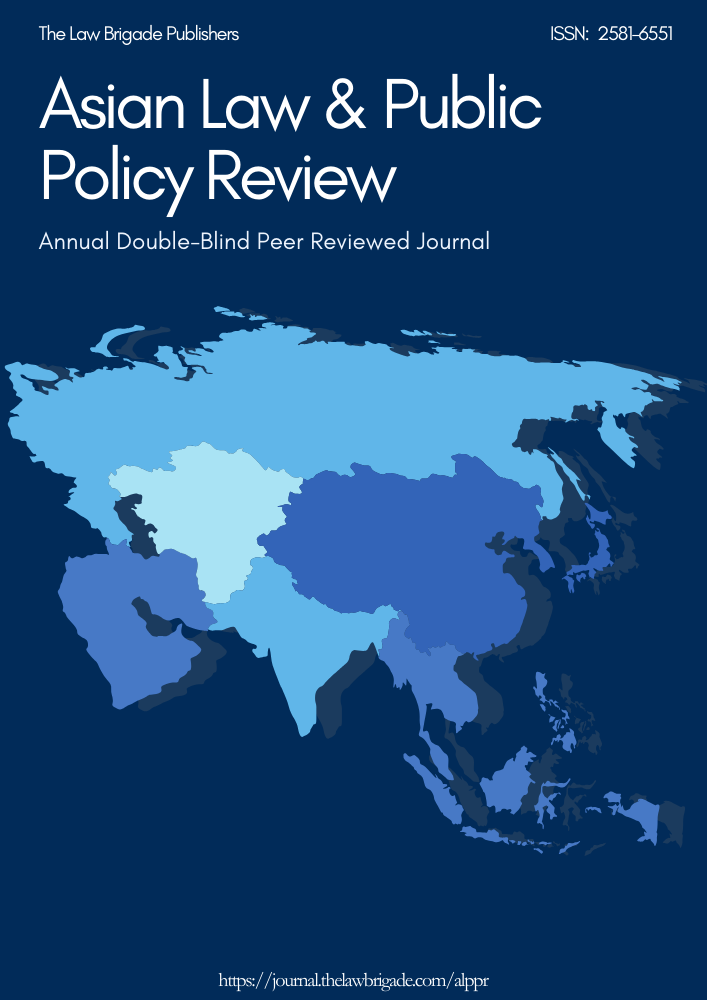Nepal’s Flawed Transitional Justice Process
Downloads
DOI:
https://doi.org/10.55662/ALPPR.2018.312Keywords:
Nepal, justice, international relationsAbstract
Nepal’s peace process included a high level Truth Commission along with other transitional justice measures so as to address the past human rights abuses. While two separate transitional justice commissions- a Truth and Reconciliation Commission (TRC) and a Commission on the Investigation of Disappeared Person (CIEDP), have been established in 2014, the inherent flaws in the laws, political interference in the selection of the members of commission, inadequate resources and non-cooperation of stakeholder have significantly impeded the work of the commission. Therefore, the promises for truth justice and reparation to the victim of armed conflict made by the peace process remains unfulfilled. This demands an urgent reform in the ongoing transitional justice process if Nepal is to achieve long lasting peace and sustainable development. This essay examines the key causes for the failure of the transitional justice process in Nepal. In doing so, it primarily relies on the Supreme Court rulings and international standards which Nepal has committed to.
External References to this Article
Loading reference data...
License Terms
Ownership and Licensing:
Authors of research papers submitted to any journal published by The Law Brigade Publishers retain the copyright of their work while granting the journal specific rights. Authors maintain ownership of the copyright and grant the journal the right of first publication. Simultaneously, authors agree to license their research papers under the Creative Commons Attribution-ShareAlike 4.0 International (CC BY-SA 4.0) License.
License Permissions:
Under the CC BY-SA 4.0 License, others are permitted to share and adapt the work, even for commercial purposes, provided that appropriate attribution is given to the authors, and acknowledgment is made of the initial publication by The Law Brigade Publishers. This license encourages the broad dissemination and reuse of research papers while ensuring that the original work is properly credited.
Additional Distribution Arrangements:
Authors are free to enter into separate, non-exclusive contractual arrangements for distributing the published version of the work (e.g., posting it to institutional repositories or publishing it in books), provided that the original publication by The Law Brigade Publishers is acknowledged.
Online Posting:
Authors are encouraged to share their work online (e.g., in institutional repositories or on personal websites) both prior to submission and after publication. This practice can facilitate productive exchanges and increase the visibility and citation of the work.
Responsibility and Liability:
Authors are responsible for ensuring that their submitted research papers do not infringe on the copyright, privacy, or other rights of third parties. The Law Brigade Publishers disclaims any liability for any copyright infringement or violation of third-party rights within the submitted research papers.
Citation Metrics
Published
Issue
Section
License

This work is licensed under a Creative Commons Attribution-NonCommercial-ShareAlike 4.0 International License.
Copyright © 2026 by Harsh Mahaseth
The copyright and license terms mentioned on this page take precedence over any other license terms mentioned on the article full text PDF or any other material associated with the article.






